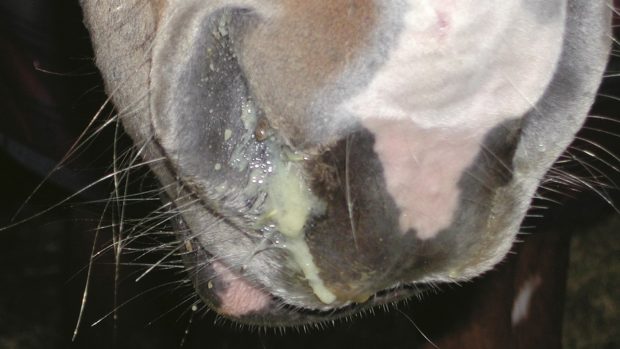A ban on slaughtering donkeys in Kenya has been greeted as “tremendous news” by campaigners.
The ban was announced yesterday (24 February) by agriculture secretary Peter Munya, who had been presented with a petition by Kenyan donkey owners.
Brooke Action for Working Horses and Donkeys had been calling for the ban, warning that rising demand for traditional Chinese medicine ejiao, which is made from donkey skins, could mean the extinction of donkeys in Kenya within a few years if no action were taken.
Kenya had become a hub for the skin trade as ejiao manufacturers turned to Africa to source donkeys.
This led, Mr Munya said, to “stealing and wanton and unmitigated slaughter of donkeys, which has led to drastic reduction in the donkey population”.
He added that had the trade continued, the economy and livelihoods of communities that depend on donkeys would be severely affected.
“We want to stop that criminality and brutality to restore the donkey to its rightful place in our society; of supporting livelihoods and crucial in providing transport,” he said.
Brooke chief executive Petra Ingram said she is delighted.
“This is tremendous news,” she said. “After months of Brooke supporting donkey owners and campaigning against the trade, we are delighted the Kenyan government has made the right decision to protect donkeys and the communities who depend on them.
“This is also an important and vital step towards giving this issue the attention it deserves, and extending a ban across Africa and beyond.”
Continues below…

Donkey populations at collapse point as animals endure horrific conditions
‘Pregnant jennys, foals and sick animals are being stolen and transported miles without food, water or rest’

‘It’s just boiled donkey skin’: Chinese health officials rubbish ‘inhumane’ product
Demand for ejiao, derived from donkey hides, has led to the slaughter of millions of donkeys

Subscribe to Horse & Hound magazine today – and enjoy unlimited website access all year round
Fred Ochieng, chief executive of Brooke East Africa, said the ban is testament to the hard work and dedication of his team, and the organisations and communities with which it works.
But he added: “We have won the battle but the war on this extremely harmful trade is not over. We look forward to working with the government to enforce the laws, and continue to protect vulnerable people and their animals.”
All four donkey slaughterhouses in Kenya – at which it is thought up to 1,000 donkeys were being killed every day – will be closed within a month.
Would you like to read Horse & Hound’s independent journalism without any adverts? Join Horse & Hound Plus today and you can read all articles on HorseandHound.co.uk completely ad-free





